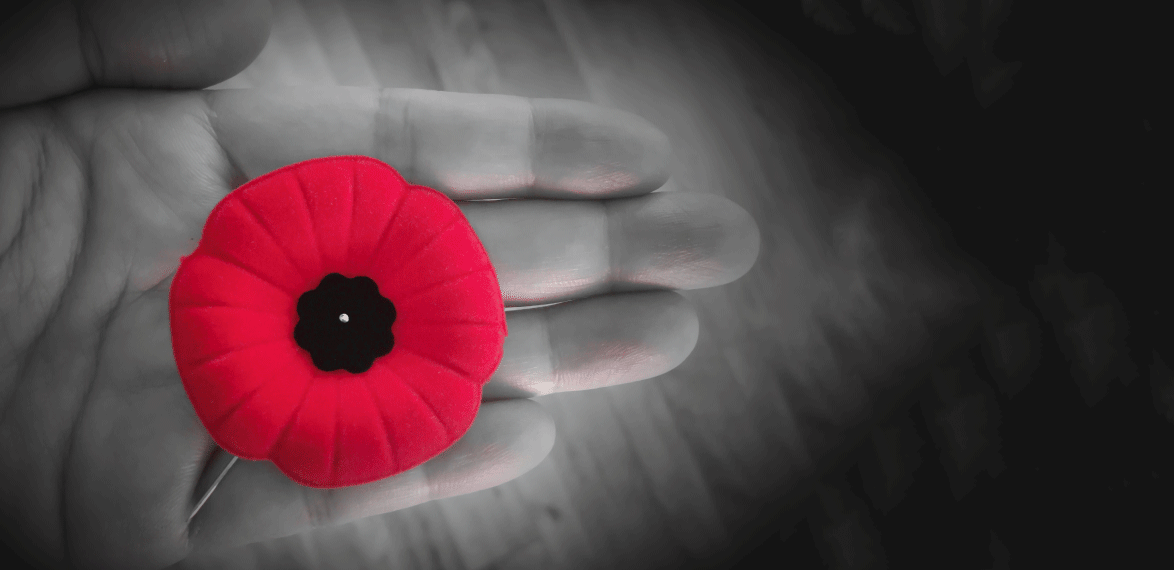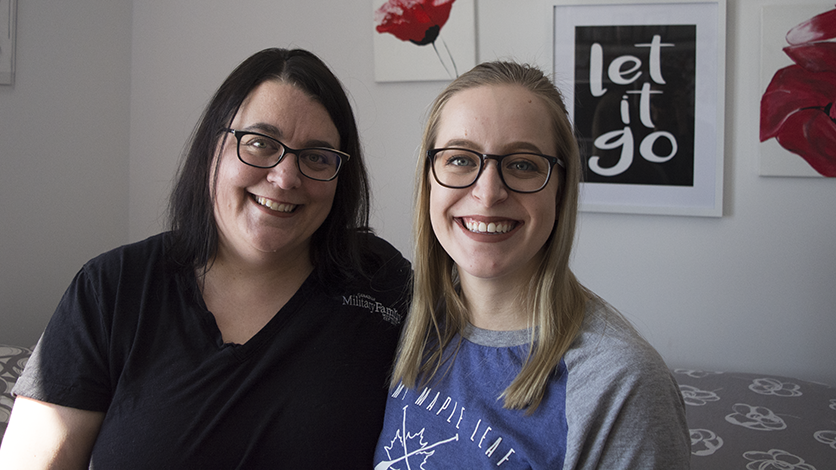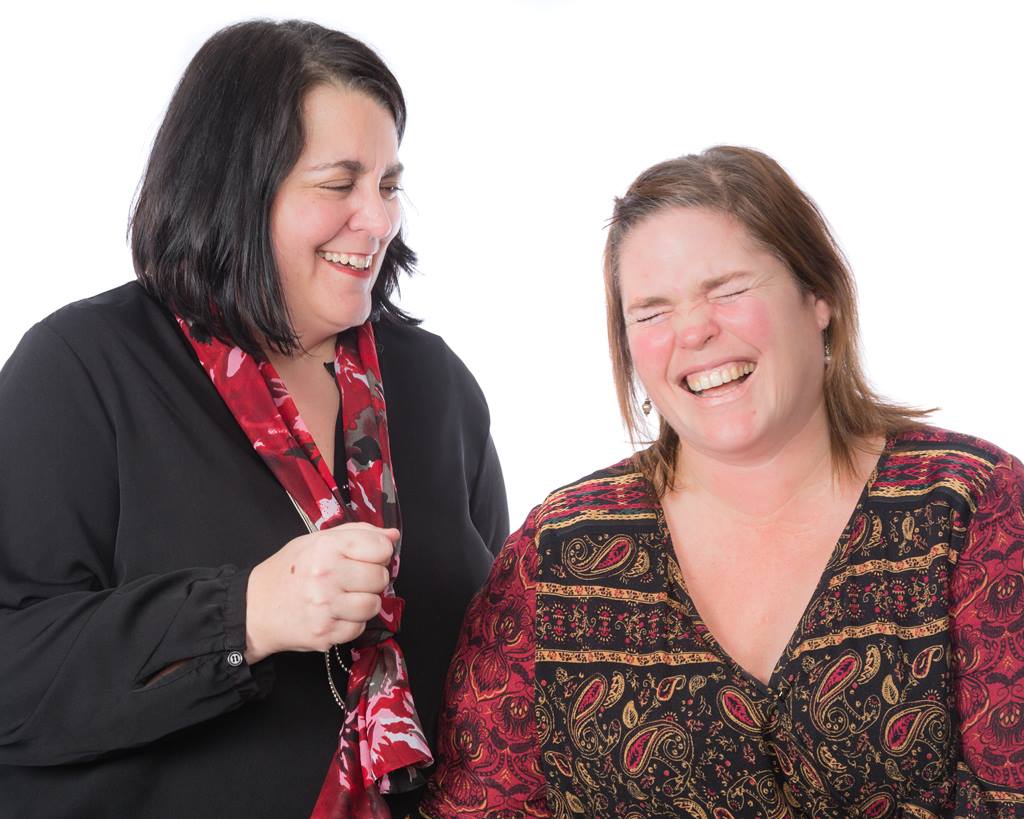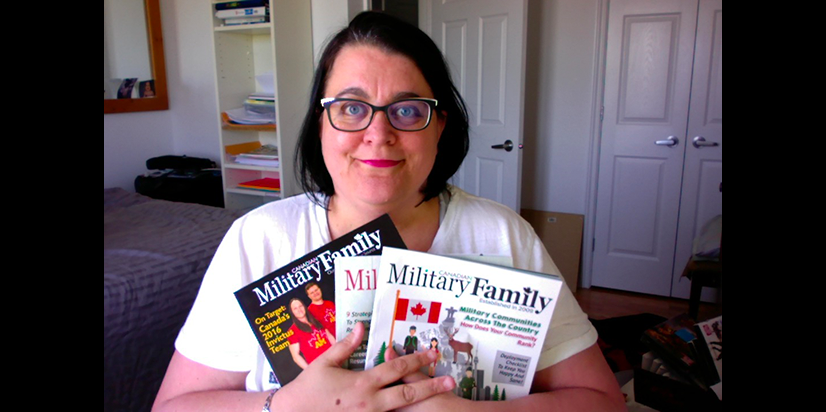With Remembrance Week underway Canadians across the country are bombarded with images of military members serving in conflicts from the First World War till today’s peacekeeping missions.
There are so many stories and articles regarding how, we, Canadians should attend Remembrance Day Ceremonies. The message seems to be, it doesn’t matter if you bring your children and they cry the entire time because they are cold or if you have frustrated toddlers who have no idea why they need to be quiet.
Cenotaphs across the country are being primed for their November 11th ceremonies. Of course, there is the poppy debate once again. The premise that poppies actually glorify war, rather than remind us what the price of war is.
My family cannot go to ceremonies. That is was what war has cost us.
The sound of crying babies, giggling children, military members who could not or choose to not to take the time to prepare their uniform correctly, crowds and alcohol are all triggers for my loved one who lives with a post-traumatic stress injury.
For our family, November 11th is not one day, but every day.
For us it means reminding my husband hourly, “you have an injury, not a disorder. You are feeling anxious because it’s November. Take some deep breathes. Play with the dogs. Go see our oldest son, or your sister, or your brother, because unfortunately, I can trigger you just by being here.”
What does a trigger day look like in our house?
Well, it might start with my husband sending us a text warrior message. Doesn’t matter where we are at the time. It might mean the dishes in the sink get thrown out because our youngest son and I don’t, as my husband says, “pull our weight” around the house. It might mean that he leaves for four hours.
However, when he comes home, he is confused, there are tears and frustration with the unanswered question he continually asks himself, “Why do I go there? I don’t mean anything I say, so why do I say it? Why!”
Other serving members and veterans with the same injury force themselves to go to Remembrance Day ceremonies. The guilt of being alive pushes them out of their comfort zone.
While they live by being in an extreme-high alert, this results with all the hidden, buried memories flooding back into their reality. It’s exhausting for the military members, veterans and their families. For us, it is the most mentally challenging time of year.
Remembrance Day is for respecting the memory of our fallen and respecting serving members and veterans who chosen to protect our country.
So please, wear a poppy. Parents, please keep your little kids at home, they don’t need to freeze. Military personnel, please have your uniform dry cleaned, or at the very least make sure the crease the hanger makes on your pants have been ironed out.
While we are there to remember the fallen, please do this out of respect for those who live with Remembrance Day every day.






